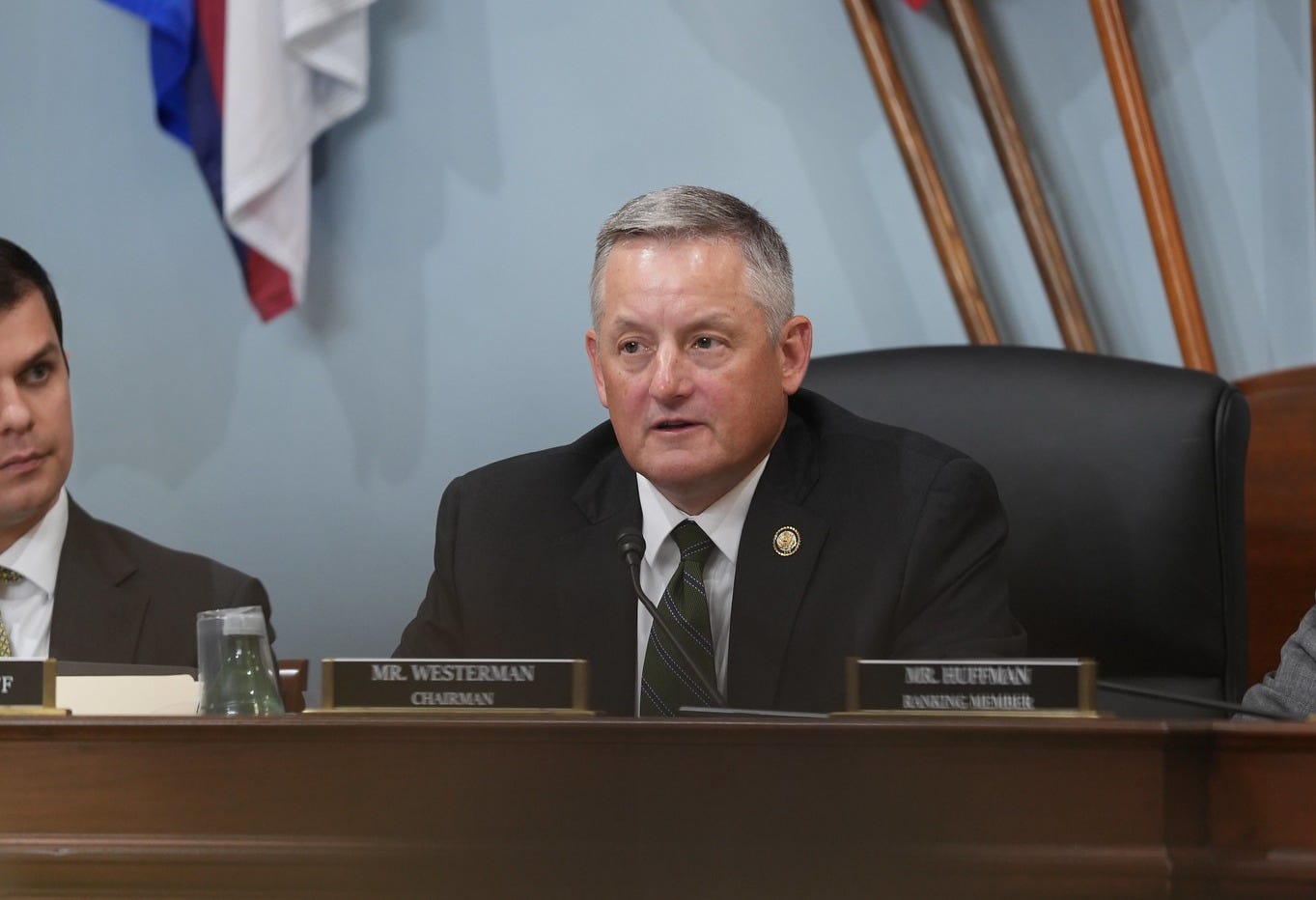House Republicans Stonewall Opposition To Their Radically Anti-Public Lands Budget Bill
Congressman Jared Huffman (D-Calif.) called the GOP proposal “an environmental wrecking ball” and said Americans “will see this as the betrayal that it is.”

House Republicans appeared poised Tuesday to advance an unprecedented dismantling of public land protections that would vastly increase energy and t…




